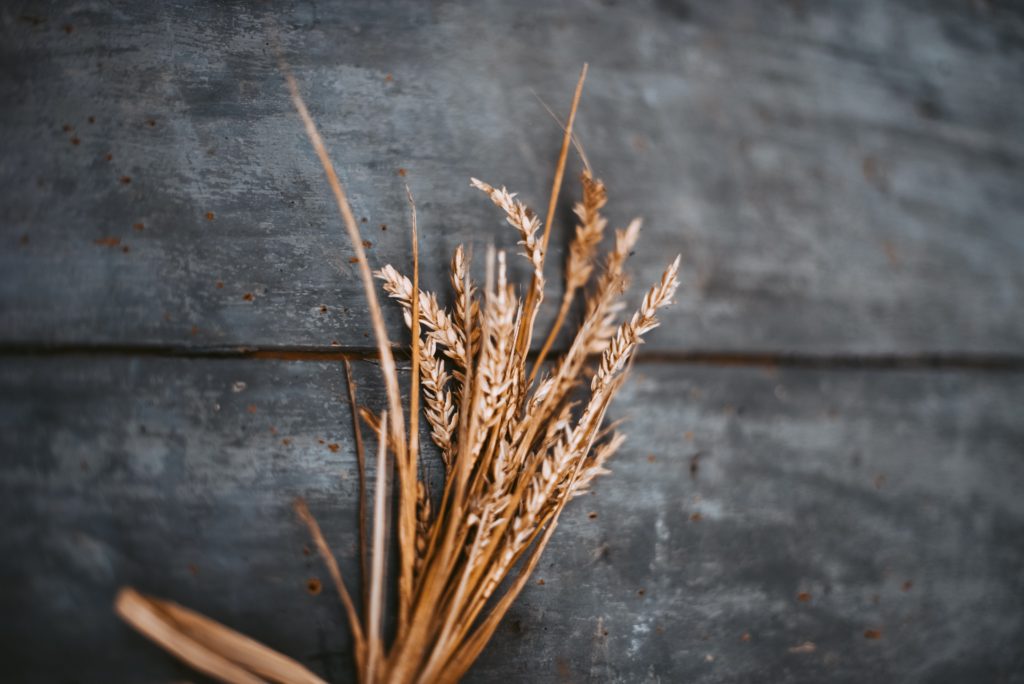What Then Should We Do?

A Crowd with a Question
John the Baptist must have been a fire-y preacher in his crazy clothing, out in the desert- saying things that were controversial and hard to swallow calling people vipers and talking about unquenchable fire. And crowds of people gathered around to hear him. Tax collectors, soldiers, wealthy and poor, religious leaders were all there. It makes you wonder why did they want to listen to all this? Whether they were desperate or wanted a new leader or maybe they were the critics or the cynics, ready to prove him wrong. Whatever compelled them to go hear John’s message, after hearing it all, they asked the same question, “What should we do now?”
And John’s answer is: when you can share- do and when you could harm or exploit, don’t. He describes love in action in each person’s own setting- the soldiers and tax collectors who had power were told to not cheat people. And the others were told to look at what they had and if they had two coats they were supposed to give one away, if they had food, share it. We hear Jesus echo this same sentiment later on in his ministry in his reminder of the greatest commandment- to love God and love our neighbors.
A Baptism of Spirit and fire
John doesn’t stop there, he describes that being generous is only part of it. He calls for the crowd to repent and turn back to God. And he tells us who we are turning toward when we do that, when we turn back to God, we are turning to a God who became human. A God whose baptizes us with the Spirit and with fire. A God who sorts it all out and despite our sin, saves us anyway. I spent part of last summer teaching high school youth how to use a pitch fork to turn over a compost pile out at our Food Pantry Garden. So this image of Jesus holding a winnowing fork sorting out wheat from chaff really works for me.
Nowadays farmers have huge machines to drive through the fields to reap and thresh the wheat. But this image of separating wheat from chaff by hand is an interesting one. In Jesus’ time, a farmer would have used the wind to separate the parts of the wheat. And the chaff is part of the wheat plant that surrounds the wheat berries when it is growing. It isn’t easy to separate the two. You actually have to break the plant or thresh it when you harvest to get the good stuff inside. John is talking about vipers and fire, wheat and chaff, but really he is pointing to the fact that we have both inside of us.
Wheat and Chaff
We are wheat and we are chaff. We have venomous moments and moments where we are the anti-dote. We are sinners and saints. And if God in Jesus himself, is the one sorting this all out, figuring out what is good and what isn’t. If God is the one doing the judging and giving us the gift of grace. That means, we are free from our sins and we are free to have hope. Whether you want to call it the viper’s venom or the chaff or sin- we are free from it in Christ which allows us to ask that good question, now “What should we do?” And we know the answer to that one.

